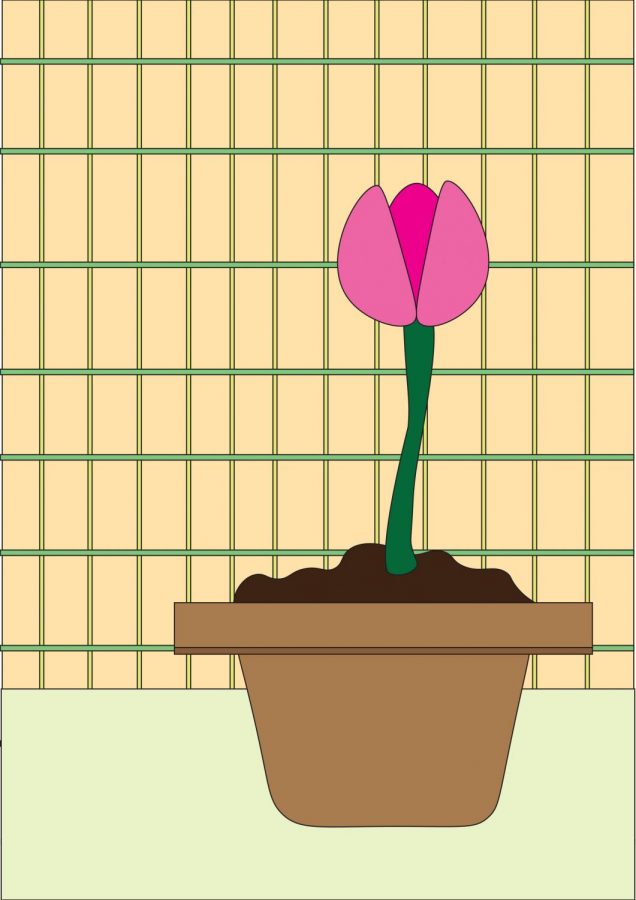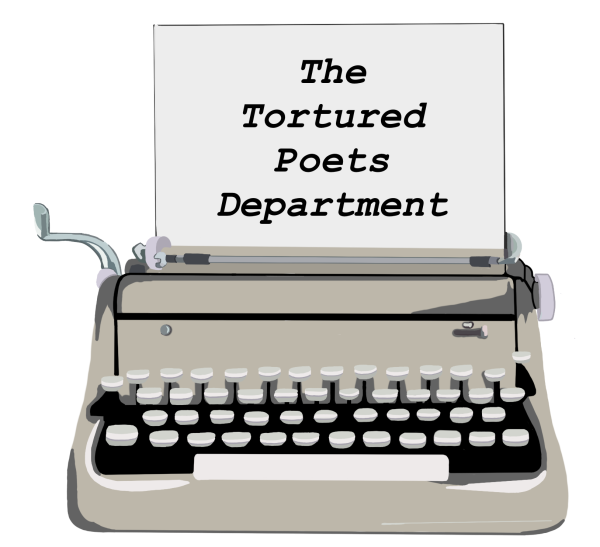Planting the seed of literacy
February 4, 2020
Bursting with anticipation, children sat around Jon Lasser as he patiently pulled various items out of his basket. “Is this a seed?” He would ask as he pulled out objects such as pinto beans, eggs, bones and a mistletoe. Many kids engaged Lasser with enthusiastic answers and impressive facts of their own regarding seeds. This activity ended with Lasser explaining to the children and their parents the value of cultivating happiness. With the help of his protagonist Kiko, a doll, Lasser explains the importance of parents planting seeds of good nature in their children’s minds.
The second activity of the event consisted of the children crouching on the floor to resemble seeds, and as Kiko and Lasser walked around the room pretending to water everyone, the participants were told to stand up and grow. Both children and adults stood as tall as they could manage to show how big they could grow through positivity and support. This event was part of the author series installment at the DoSeum Children’s Museum. It consisted of a close reading of Lasser’s new book “Grow Happy,” a book signing and several activities intended to reinforce the importance of cultivating happiness.
Positive psychology is just one of the many techniques Lasser employs in his writings. As a professor of psychology at Texas State University, Lasser is concerned with children’s development. One of the many tools he uses to communicate the importance of happiness is literature. Kiko acts as a guide showing children the value of tending to your own garden and the accessible tools they need in order to care for it. The back of the book offers notes and advice to parents and caregivers on how to plant seeds of positivity in children’s minds, to show support and to be active in their growth.
“Grow Happy” provides children with important values to take with them into each stage of their lives. Authors like Lasser, Roald Dahl, Francis Hodgson Burnett and Louisa May Alcott provide children with the most enduring and valuable resource for learning and growth: literature. These stories show people that literature is important for the development of children, and the constant immersion and discussion of literature — what it says and its significance in our world, is a tool that should be nurtured and preserved.











